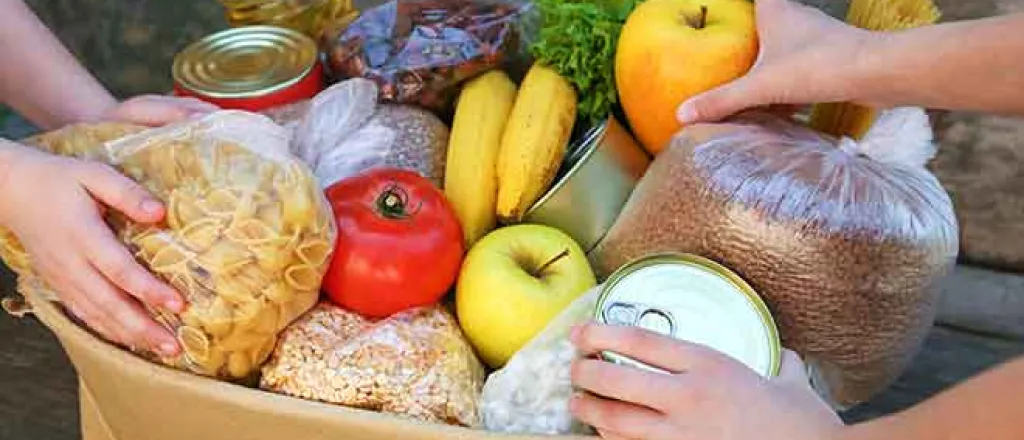
Food banks, pantries address rising food insecurity during winter holidays
Click play to listen to this article.
(Wyoming News Service) The number of people in Wyoming who don't know where their next meal will come from is on the rise, according to new U.S. Department of Agriculture data.
Rachel Bailey - executive director of the Food Bank of Wyoming - said organizations like hers are also facing higher food costs as they work to ensure neighbors in need can access nourishing food during the winter holidays, and beyond.
Donations of canned foods are always welcomed, but Bailey said the best way to help is to make a financial contribution.
"The Food Bank of Wyoming is set up so that we can take $1 and we can make that equal three meals," said Bailey. "So that's why if you can give financially, this is a really good time of year to do it."
The end of COVID-era assistance programs, like boosts to Supplemental Nutrition Assistance Programs (SNAP) benefits and the refundable Child Tax Credit, has put more families at risk of hunger.
Proponents of ending the programs warned that they discouraged people from re-entering the workforce.
But this concern was unwarranted - according to researchers at Massachusetts Institute of Technology and the University of Chicago, who found the programs did not impact workforce participation.
Bailey said most Wyomingites have had life events disrupt their budget - an unexpected medical bill, a car breaks down, a kid gets sick and you have to miss work.
Working with community pantries and other partners across the state, Bailey said the Food Bank is there to help families make it through those tough times.
"Most of the people that we see, they have jobs - they are very hard working," said Bailey. "They have worked their whole life, and they just need some additional assistance."
Contributions to food banks tend to drop after the holidays.
But Bailey said it's important for those who can help to stay involved, especially during winter months when volunteers work to get food to older residents who find it hard to leave their homes.
"Families and individuals are hungry all year round, not just during the holiday season," said Bailey. "Definitely when January and February rolls around, we need to have additional support."











